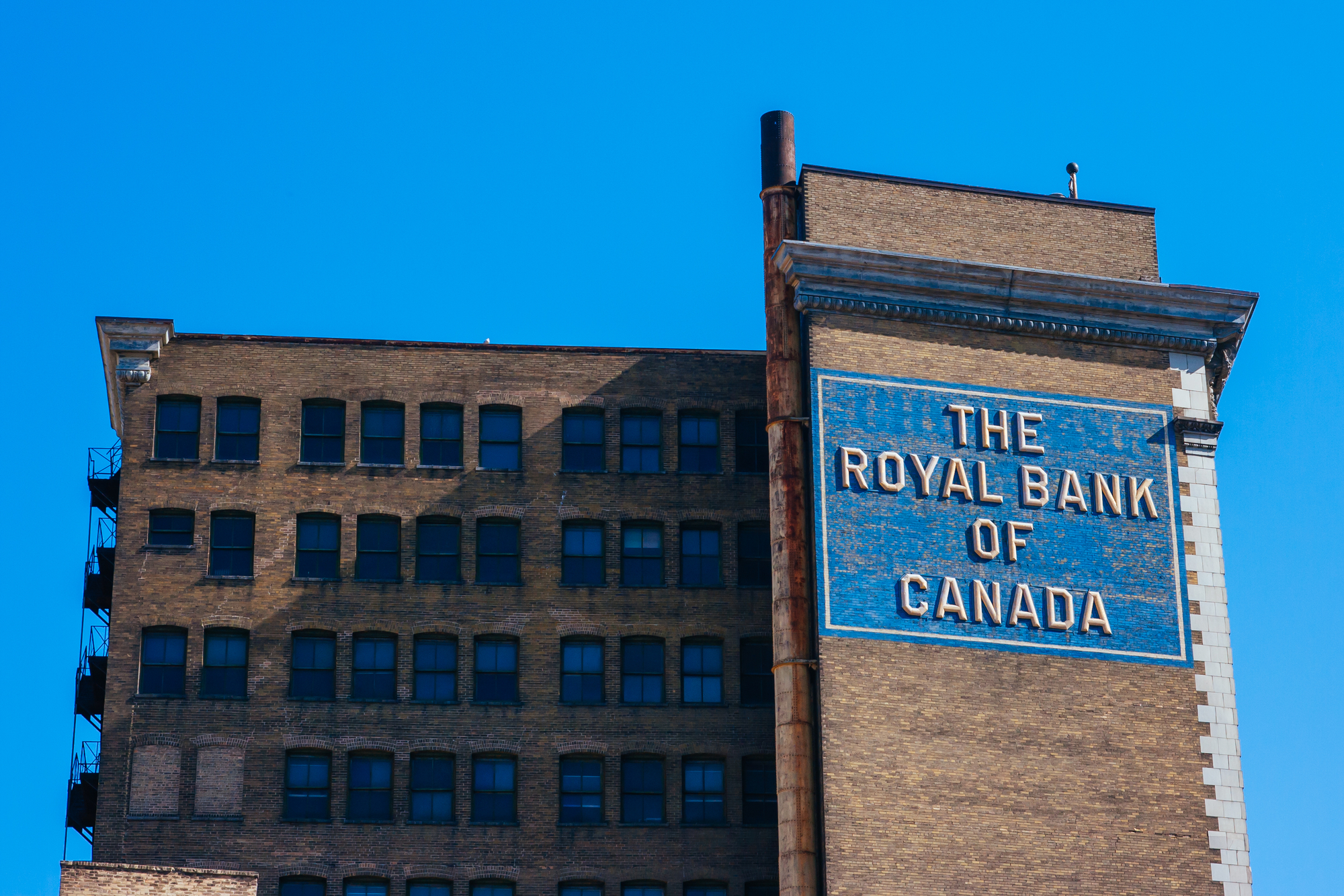At the start of the year, amidst rising real estate prices and ballooning inflation, a hike of the Bank of Canada’s key interest rate seemed like an inevitability. Now, nearly six months down the line, and with multiple hikes behind us, hikes seem like a regular occurrence.
Today, the central bank has made it clear they intend to remain on course and continue to increase its rates even further.
This week, the Bank of Canada announced an increase to their policy interest rate of 50 basis points, amounting to a total of 1.50%. That means interest rates are now six times higher than they were at the start of the year, though they still remain below pre-pandemic levels.
The bank has also announced they plan to continue Quantitative Tightening (QT), a program under which the bank will allow the many bond holdings accumulate during Quantitative Easing to mature without replacing them, which will drive bond prices down and put upward pressure on bond yields.
The policy interest rate affects the price of borrowing in many different areas of the Canadian economy. The current hikes are primarily a tool to help curb inflation, which hit 6.8% in the month of May. Most importantly for our readers, the interest rate plays a big role in how mortgage rates are set. Let’s explore in a bit more detail what the recent hike might mean for you.
What happens when the bank raises its rates?
The Bank of Canada notably does not take on regular Canadians as clients. Instead, they are mostly involved in influencing the major banks and directing monetary policy. This means the first effect of the bank raising its policy rate will be an .
Canadians can expect the cost of borrowing from banks and financial institutions to rise in a couple of days if it hasn’t happened already. This increased cost will be passed on to consumers in the form of an increased prime rate. Thie prime rate serves as the foundation for many consumer interest rates, including some mortgages.
How do rates affect my mortgage?
The Bank of Canada policy rate plays a major role in how banks determine their variable interest rates. Fixed rates, on the other hand, are , which will be affected by the ongoing QT program.
The good news is that if you have a fixed rate, —or if you decide to refinance.
Depending on when you started your mortgage term, and when you are up for renewal, an increased interest rate will affect you differently. Those who began or renewed mortgages amid the record low rates of the last two years will see the biggest increase in interest when it comes time to renew while mortgage terms that started prior to 2020 may not see as large of a change.
For variable-rate mortgages, your interest rates will be rising shortly, if they haven’t already, and will continue to follow the policy interest rate as it moves upwards. While variable rates were very popular during our previous low-rate environment, these borrowers will quickly feel the burn of rising interest rates. Many may choose to convert to a more stable fixed rate to ride out the shifting market.
Those who are just looking to buy a home now will also be affected by the rate increase. When rates were low during the last two years, it allowed prices to shoot up as borrowers could more easily service their large mortgage debts. Now, new buyers will have to face these higher rates, while prices in many areas still remain much higher than the last time rates were at this level. Buyers will be faced with either buying now at high prices to lock in a relatively lower rate while they can, or waiting an undetermined amount of time and hoping prices correct in response to higher interest rates.
How much further will they go?
No one but the Bank of Canada themselves can definitively say just how far rising interest rates will need to go, though analysts are predicting more still to come.
Despite the recent hikes, the rate of inflation has continued to go up in recent months and is predicted to continue to rise even further before it falls. Clearly, the Bank must still do more if they hope to rein in inflation. Yet, even with the rapid increases we have seen, they must still try to avoid moving too fast.
Our current interest rate is still below pre-pandemic levels, though it is higher than it was for much of the 2010s when inflation hovered around 2%. And, looking even further back, we are still far from the highest interest rates ever seen in Canada (though comparing with the past is not apples-to-apples).
Looking forward to the rest of the year, many economists are predicting yet another 50 basis point increase in July, while RBC Economics forecasts a policy rate of 2.5% to end the year. With just four potential hikes remaining on the BOC’s 2022 schedule, they will need to continue at a pace of at least 25 basis points per increase to hit that forecast. Based on their recent clip, that seems more than doable.
Corben joined CREW as a relative newcomer to the field of real estate and has since immersed himself and learned from the experts about everything there is to know on the topic. As a writer with CREW, Corben produces informative guides that answer the questions you need to know and reports on real estate and investment news developments across Canada. Corben lives in Guelph, Ontario with his partner and their two cats. Outside of work, he loves to cook, play music, and work on all kinds of creative projects. You can contact Corben at corben@crewmedia.ca or find him on Linkedin at https://www.linkedin.com/in/corbengrant/.









